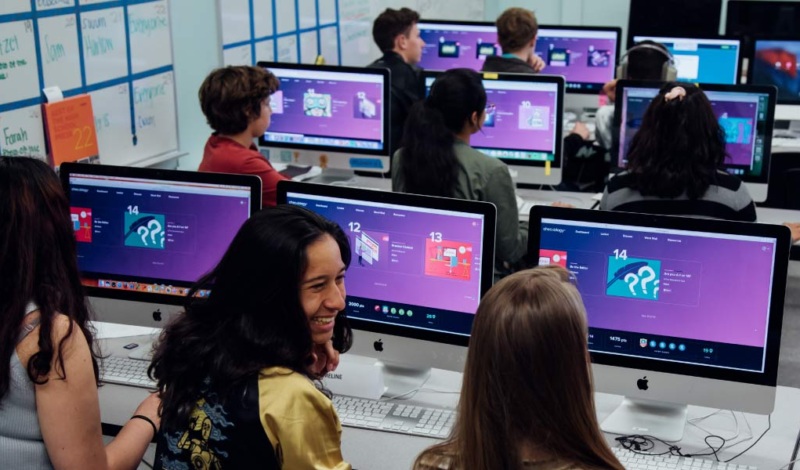Following your elected officials on social media
If you teach civics or social studies, encourage your students to identify their elected officials — local, state and national — and to use social media to follow what those officials are doing. This connectedness presents several unique educational opportunities.
Check out ProPublica’s Represent, where users can easily find the names of their senators and House members and get in-depth information about a wide range of political and social issues. Or look at Common Cause, a national watchdog organization that also has local offices in 35 of the 50 states. Another way to stay informed is to set up news alerts on Google News and other news aggregators.
Ask your students to track the social or political issues that are most important to them. Which issues get more attention from elected officials? Are the officials asking for — and responding to — their constituents’ thoughts and opinions, or are their accounts more “one-way”? Do they share verified information? Do they ever share inaccurate information — and if they do, do they acknowledge it if it’s pointed out?
Or consider this: If the official disagrees with a post or tweet, does he or she delete the post or block the person? In June 2017, ProPublica described how elected officials and government agencies — from President Donald Trump to city police departments in Seattle and Honolulu — were blocking their critics on Twitter. A month later a group of Twitter users sued Trump for blocking them. ProPublica also filed a public records request with 22 federal agencies and all 50 state governors, seeking the names of people they had blocked on social media; the result, published in December 2017, was a list of about 1,300 people. This raises the question: Does deleting comments or blocking users violate the First Amendment’s protection of free speech?
Finally, have any of your elected officials tweeted something and then deleted it? Politwoops (run by ProPublica) tracks the “Tweets They Didn’t Want You to See” — both by people currently in office and by candidates for office. Use the site’s search function to find your officials and see whether they deleted any tweets; if they did, try to determine the importance of the deleted message.
Identifying your elected officials and following them on social media are the first steps to becoming informed about who represents you. The next step is learning how to engage with these officials in a responsible way.


